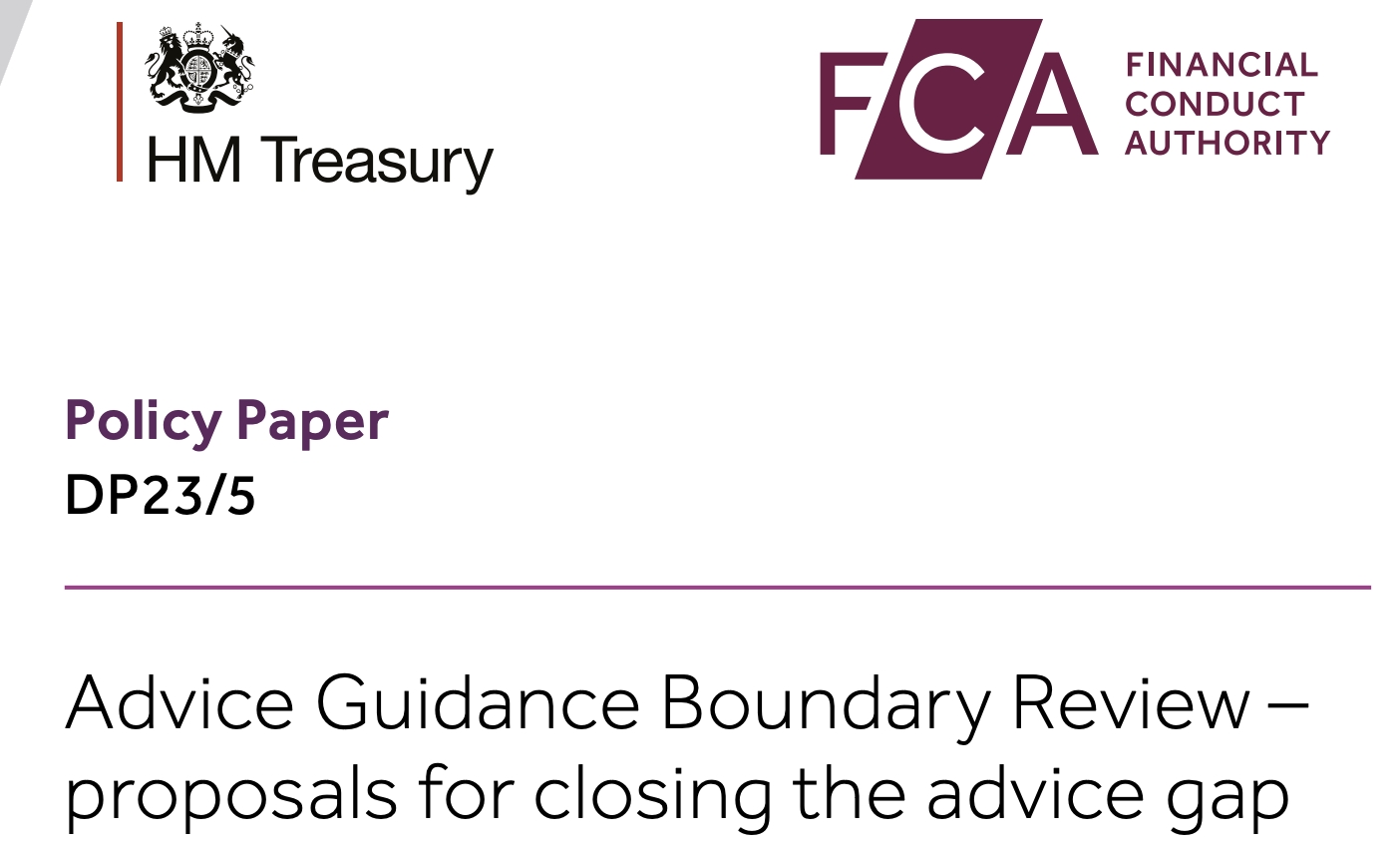The FCA is now reviewing responses on its proposals published as part of the Advice Guidance Boundary Review set up by the regulator with the Treasury.
The proposals were announced in December and the deadline for comments to be received was the end of February.
In December the FCA and Government said they were seeking views on three proposals to help people make more informed investment and pensions decisions, including:
- Further clarifying when firms can give consumers support without giving regulated financial advice
- An innovative new approach allowing firms to provide support tailored to groups of people in similar circumstances
- A new form of simplified advice that makes it easier for firms to provide affordable personal recommendations to clients with more straightforward needs and smaller sums to invest
A flurry of evidence was contributed last week ahead of the deadline and some of the more interesting comments are rounded up here:
• PIMFA urged the FCA to consider the introduction of a fact find geared towards meeting the clients' needs rather than asking open ended questions which could uncover information which is not directly related to the need. It said if the proposed simplified advice was seen primarily as a transactional service to meet a stated client need or question, that would drastically reduce the information an adviser is required to collect from the client based on the type of product or service they are advising on. Simon Harrington, head of public affairs at PIMFA, said: “For simplified advice to work it needs to provide regulatory clarity for firms and has to be commercially viable.”
• A J Bell said proposals allowing non-advised firms to provide nudges and suggestions to customers on a ‘people like you’ basis could help millions of people make better-informed decisions about their finances. Charlie Musson, managing director at AJ Bell’s D2C platform, said: “The existing regulatory framework makes it difficult for firms to offer anything beyond relatively basic information to non-advised customers without risking straying over the boundary from guidance to advice. “We strongly urge the FCA and government not to prescribe solutions under targeted support. Firms need the flexibility to design interventions using knowledge of their customers, rather than based on a broad-brush approach dictated across all businesses.”
• Aegon also backed 'targeted support' as the intervention most likely to make a dent in the current advice gap. It challenged the Government and regulator to "be brave and bold" with its changes rather than erring too far on the side of caution. Steven Cameron, pensions director at Aegon, said: “The ability to offer suggestions for ‘people like you’ could turn the current cliff edge between information and holistic advice into the continuum of support the discussion paper seeks.”
• Data provider Moneyhub said giving consumers access to their data and control of it was the key to giving them power to quickly and easily see what they have done and what they need to do. Sam Seaton, chief executive of Moneyhub, said: “Consumers are missing out on potentially higher returns on their money because products are too complicated. They don't know who to trust and advice is too expensive. Data is the answer for making advice accessible and implementing the new proposals.” She said matching consumers who have defined objectives, needs and characteristics with suitable products, using data sharing and automated ‘nudges’, was a logical extension of the use of consumers’ data.
• James Heal, director of public policy at wealth manager St James's Place, said recruiting more advisers was one solution. He said: “Part of the solution for the advice gap is providing more advice, which is largely a matter of supply. We must also ensure that we have the right structures in place to retain and attract financial advisers to the industry.”

